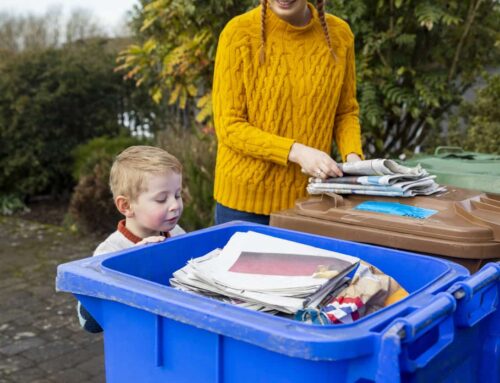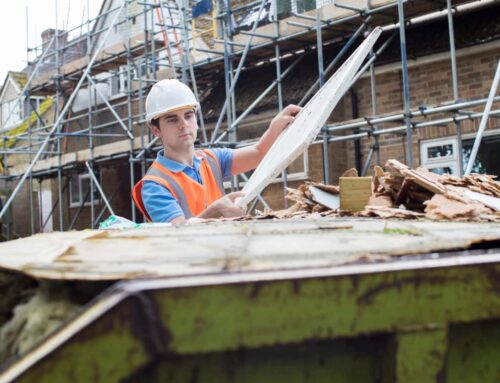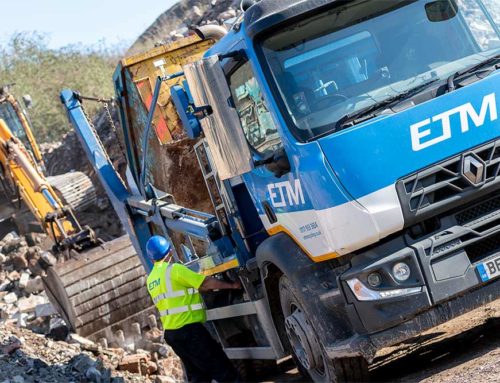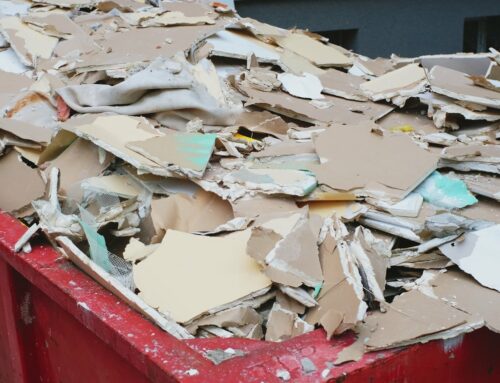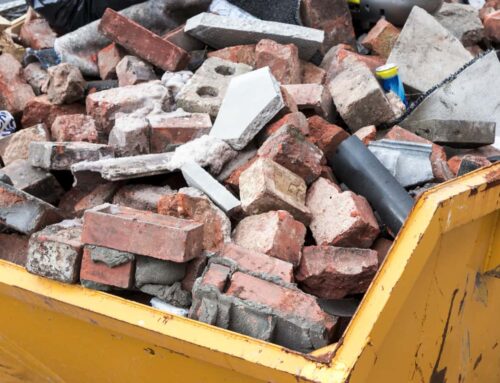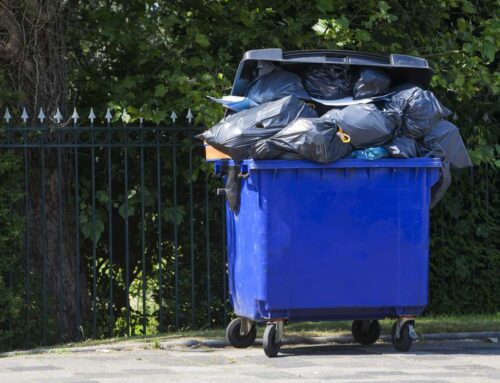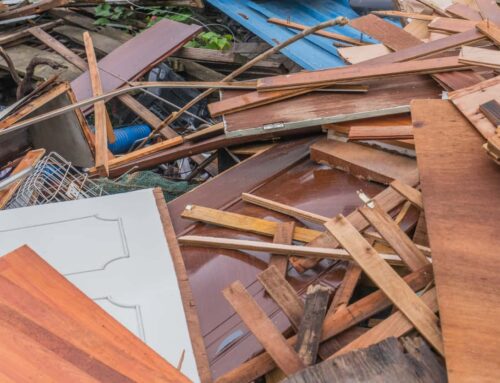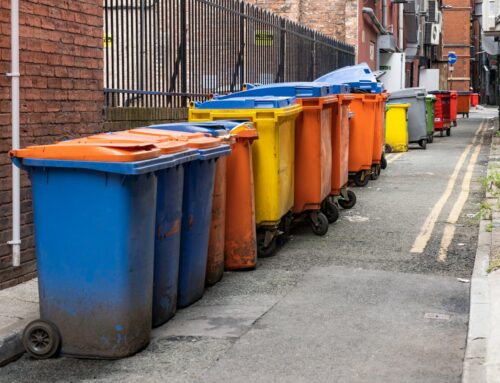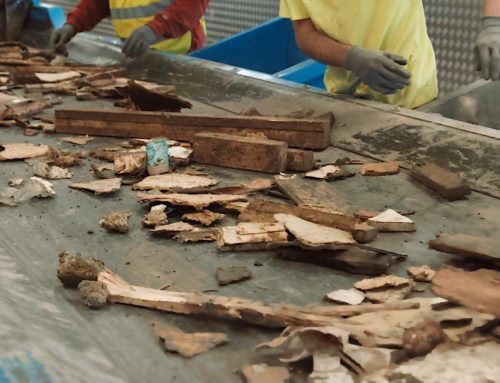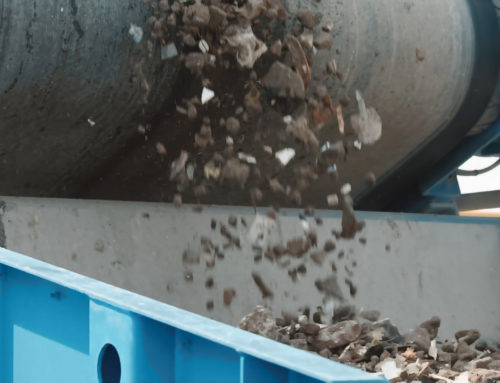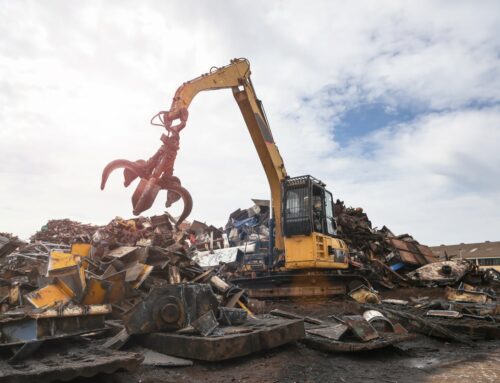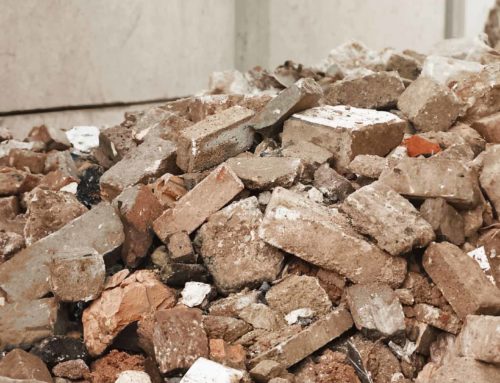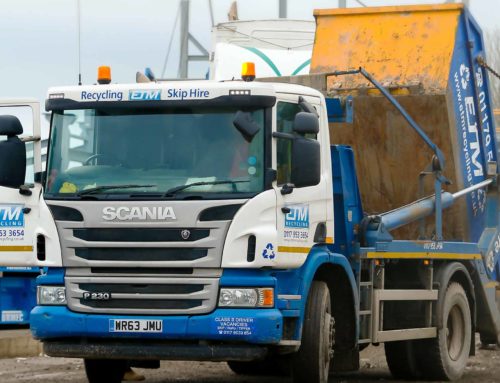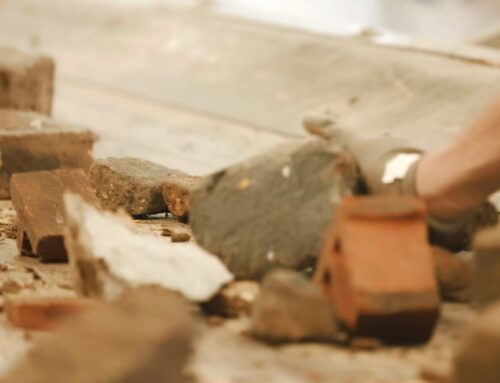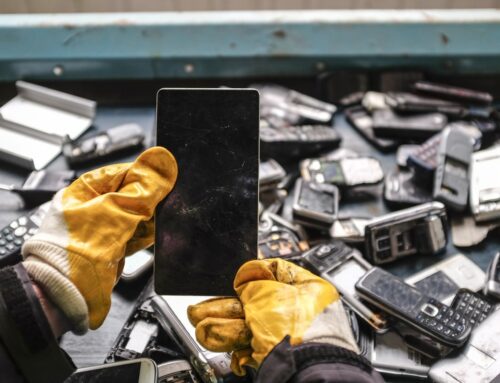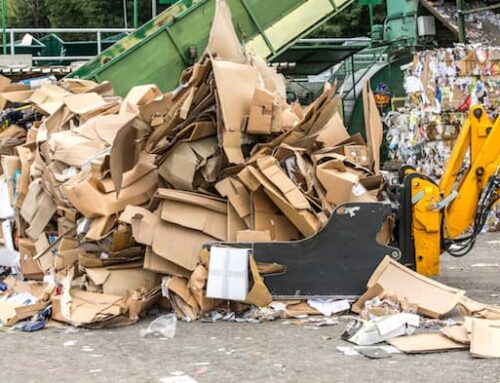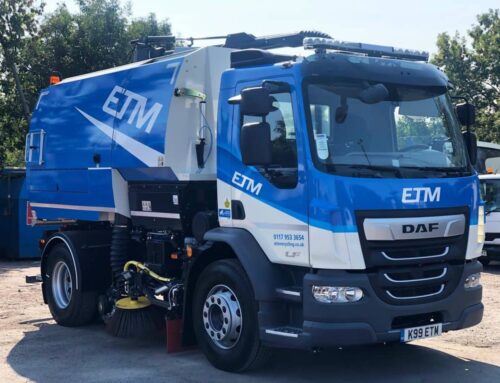The UK generates significant waste, producing up to 222.2 million tonnes in a year. In today’s world, businesses have an important part to play in reducing overall waste. Good waste management means a better reputation, environmentally conscious customers, and cost savings. It also means less damage to the environment and a more sustainable world. This guide will give you a step-by-step strategy to create a solid waste management system.
At ETM Recycling, we’re not just here to inform you about waste management. We’re here to help you manage your waste while staying efficient.
Since our establishment in 1994, we have become one of the leading waste management providers in the Southwest. It’s our goal to make a greener world more straightforward for you to achieve. We strive to help Bristol reduce waste in landfills. We aim to do that while we provide you with an affordable, customer-focused service.
Contact ETM Recycling today to learn how we can move your business in the right direction.
The 7 Steps of Sustainable Waste Management
Step 1: Assess Current Waste Generation
You can assess your business’ waste generation by the types and amounts of waste you produce. Look at different areas of operation including manufacturing, office spaces, and employee facilities. Are there significant sources of litter from any particular areas?
Next, categorise your waste streams into recyclable, compostable, and non-recyclable materials. Track your waste generation over a specific period to pick up zones for improvement. This monitoring will be the foundation for building waste reduction and diversion practices.
Step 2: Develop a Waste Reduction Plan
With fresh knowledge of your waste generation, you can begin planning how to reduce it. If you’re overusing paper, you could employ double-sided printing, reduced paper usage and electronic communication.
Engage stakeholders from different departments and have them communicate your strategy to employees. Prioritise your business’s worst waste areas first, then create a plan for the less alarming issues.
You can also reduce waste from the source. You could achieve this by optimising your production processes or using lean manufacturing principles. Think about packaging – can you use recyclable or biodegradable materials? Consider whether this is workable for your company’s procedures. By using waste reduction, you can lower your ecological impact while lowering costs.
Step 3: Establish a Recycling Program
To establish a recycling program, you can start by identifying what recyclable products your business uses. Typical materials include:
- Paper
- Glass
- Cardboard
- Plastic
As well as setting up labelled recycling bins throughout your premises, educate your employees. You can do this by providing clear instructions on posters by bins, informational emails, and staff training sessions. The key is to build a culture within your team where recycling is the norm.
Many businesses’ recyclable products sadly end up in landfill. You can easily stop this by working with local waste management companies for better processing.
Learn about the waste management regulations for businesses. >
Step 4: Introduce Composting Practices
If your business produces organic waste, composting keeps reusable materials out of landfill. Offices often make a lot of compostable waste from coffee grounds and food waste. Businesses working outdoors or directly with plants may produce reusable organic waste as part of their daily activities.
By composting, you lower waste and contribute to soil health and conservation. Consider reaching out to community gardens or urban farms. These institutions can use the nutrient-rich compost your company produces. This is also a great opportunity to engage employees with the local community and help boost morale.
Step 5: Explore Waste-to-Energy Solutions
Where you’re unable to throw an item in the recycling or composting bins, consider waste-to-energy solutions. This technology can convert non-recyclable waste into energy. It reduces the need for fossil fuels and resulting greenhouse gas emissions. Have a look into local waste-to-energy facilities. Can you partner with any to boost your business’ sustainability?
You must still implement and prioritise recycling and composting practices over waste-to-energy solutions. It’s great to get energy from used materials, but even better to reduce waste generation and maximise recycled materials. This helps save the planet and advance the circular economy. Waste-to-energy technologies also still produce emissions and have an environmental impact. This puts them lower on the waste hierarchy.
Find out more about how good waste management can affect health in your community. >
Step 6: Include Employees
A crucial part of sustainability is creating a culture of responsibility. As well as training sessions, you can provide your team with:
- Recycling guides.
- Tips for waste reduction.
- Resources to take part in waste management programs.
Recognise and celebrate achievements in waste management. Showcase employees who have made significant contributions. You can offer incentives such as bonuses for positive activity in waste management. Alongside monetary rewards, you can also provide employees time out of office. Options such as away days allow them to commit to waste management projects. You can help motivate and inspire a sustainable culture by actively engaging with your team.
Step 7: Monitor and Improve
Sustainable waste management practices need ongoing attention. You can’t forget about them once you’ve implemented them. Establish systems to track waste generation, recycling rates, and other key performance indicators. Using this data, review your progress and adjust as needed. Ask your employees for feedback and get further ideas to streamline your practices. Keep updated on technologies and changes in the industry that affect your plan.
Take responsibility. Stay at the forefront of sustainable practices for businesses in your industry.
Sustainable Waste Management with ETM Recycling
Sustainable waste management is great for the environment and your company’s culture. By following our step-by-step process, you can reduce waste, boost recycling, and improve metrics.
ETM Recycling is a trusted waste management firm that can provide you with qualified guidance. We can help create expert strategies tailored to your organisation’s specific needs. Let’s join forces to embrace ecological responsibility and create a more sustainable future.
Contact ETM Recycling today to receive a tailored quote or read on with some related articles.
Check out our guide on maintaining wheelie bins. >
Read our blog post which answers the question: what is trade waste?

